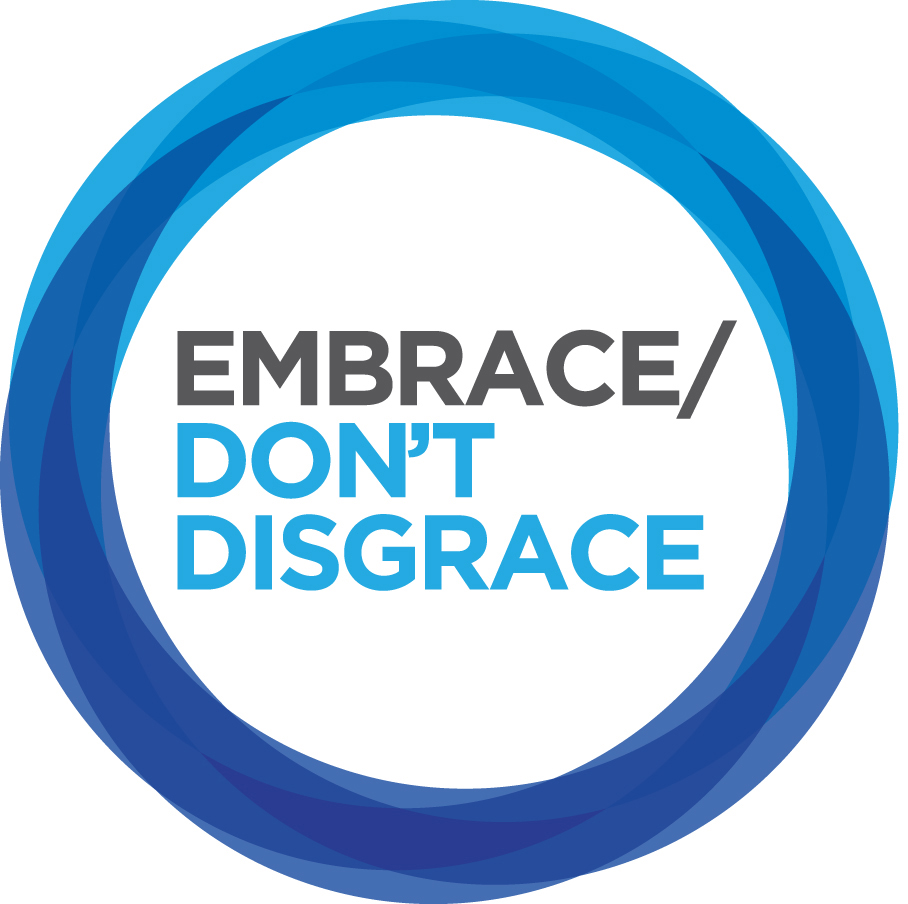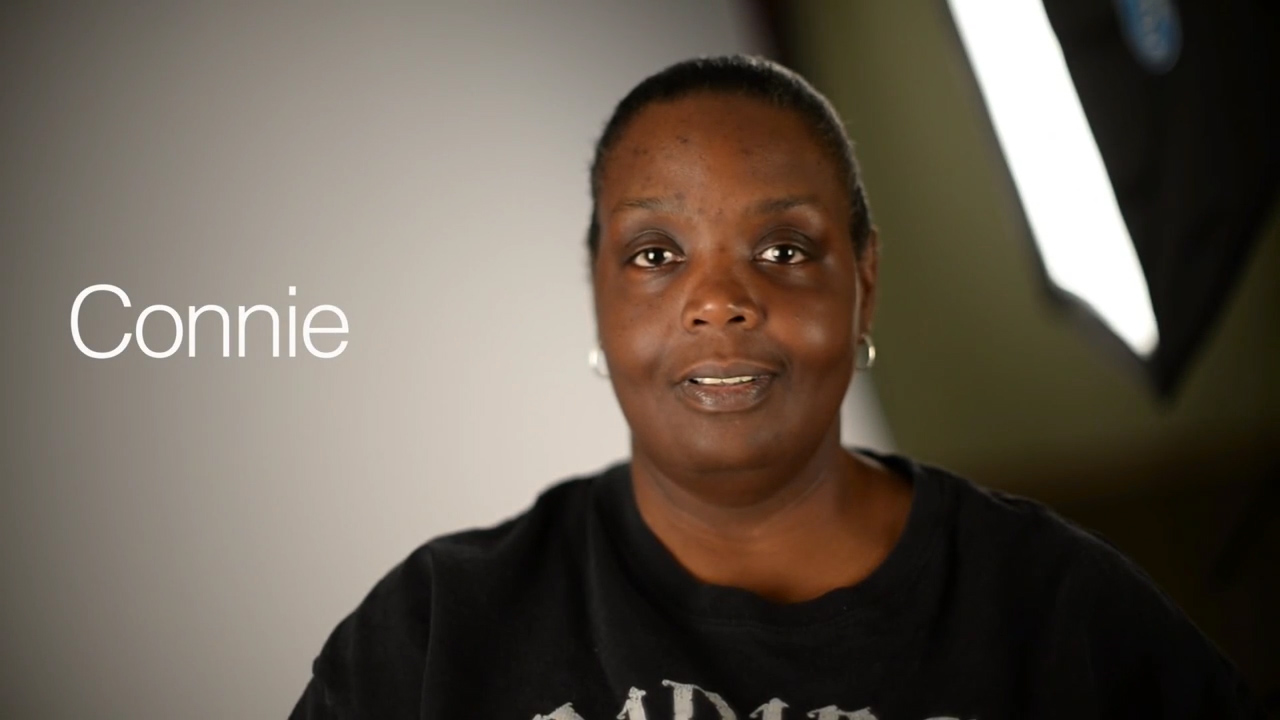 |
End mental illness discrimination.
For many of the 1 in 4 Americans who are diagnosed with some form of a mental illness each year, their recovery is hampered by the discrimination they endure.
|
Such prejudice often results in low self-esteem, low self-confidence and a feeling they
have been alienated from society itself. Listen to some of their stories.
 |
 |
 |
|
WHAT IS DISCRIMINATION?
Simply put, discrimination is the act of treating someone differently, often in a negative way, because of how that person looks or acts, their social standing, religious beliefs, etc. For those with mental illness, discrimination is often based on outdated assumptions or myths. Such as:
myth: They can't hold down jobs
myth: They are lazy
myth: They can’t take care of themselves
myth: They can’t be around children
myth: They are dangerous
myth: They are lazy
myth: They can’t take care of themselves
myth: They can’t be around children
myth: They are dangerous
Myth 1: People who have a mental illness are dangerous.
Reality check 1: The reality is that people with mental illness are no more violent than someone with cancer or any other disease.
Myth 2: People with mental illnesses have trouble handling school work, a job, and daily tasks.
Reality check 2: It is common for all people to sometimes have trouble at school, at home, at jobs and feel sometimes like they don’t know what to do. No matter what, it’s good to talk to others and learn what works best for you. What helps you calm down? What makes you happy and what makes you sad? Knowing these things will help you find a way to do well in school and life.
Myth 3: I can't do anything for a person with a mental health problem.
Reality check 3: Friends and loved ones can make a big difference. Only 38% of adults with diagnosable mental health problems and less than 20% of children and adolescents receive needed treatment.
Friends and family can play an important role in helping get someone the treatment and services they need by:
-
Reaching out and letting them know you are available to help
-
Helping them access behavioral health services
-
Learning and sharing the facts about mental health, especially if you hear something that isn't true
-
Treating everyone with respect
-
Refusing to define a person by their diagnosis or using negative labels such as "crazy"
For more information on the realities of mental illness visit:
GET INVOLVED
Getting involved doesn’t just mean getting help. It can also mean helping others. Check out these family support services.
Want to connect with others and share your story on mental illness or addiction? Visit advocacy and support groups and learn how to become an advocate and help others!



